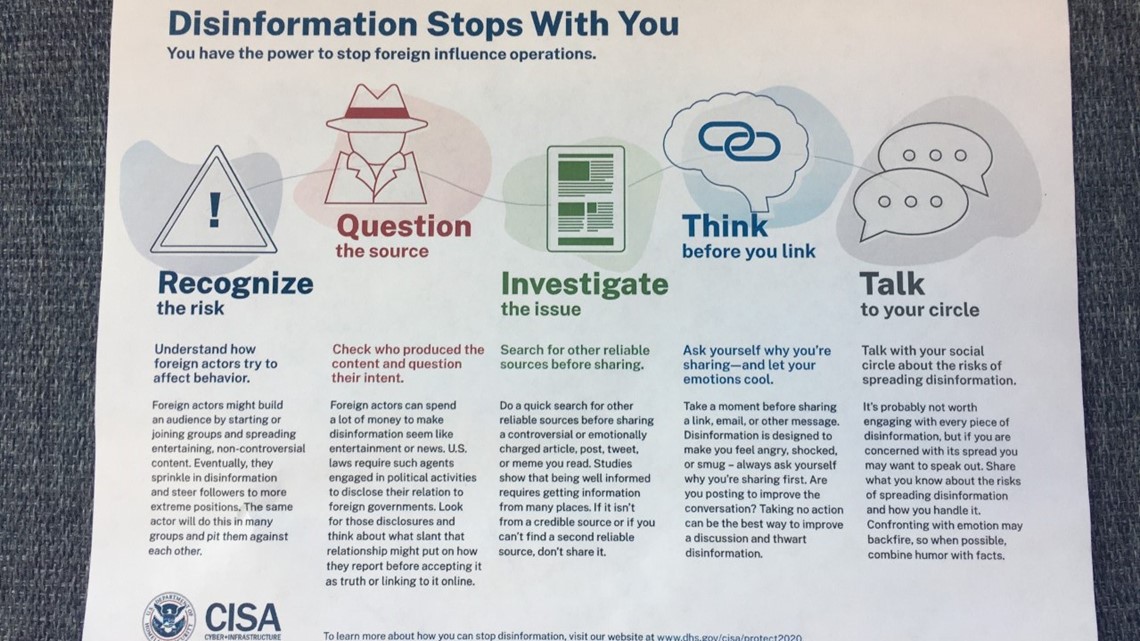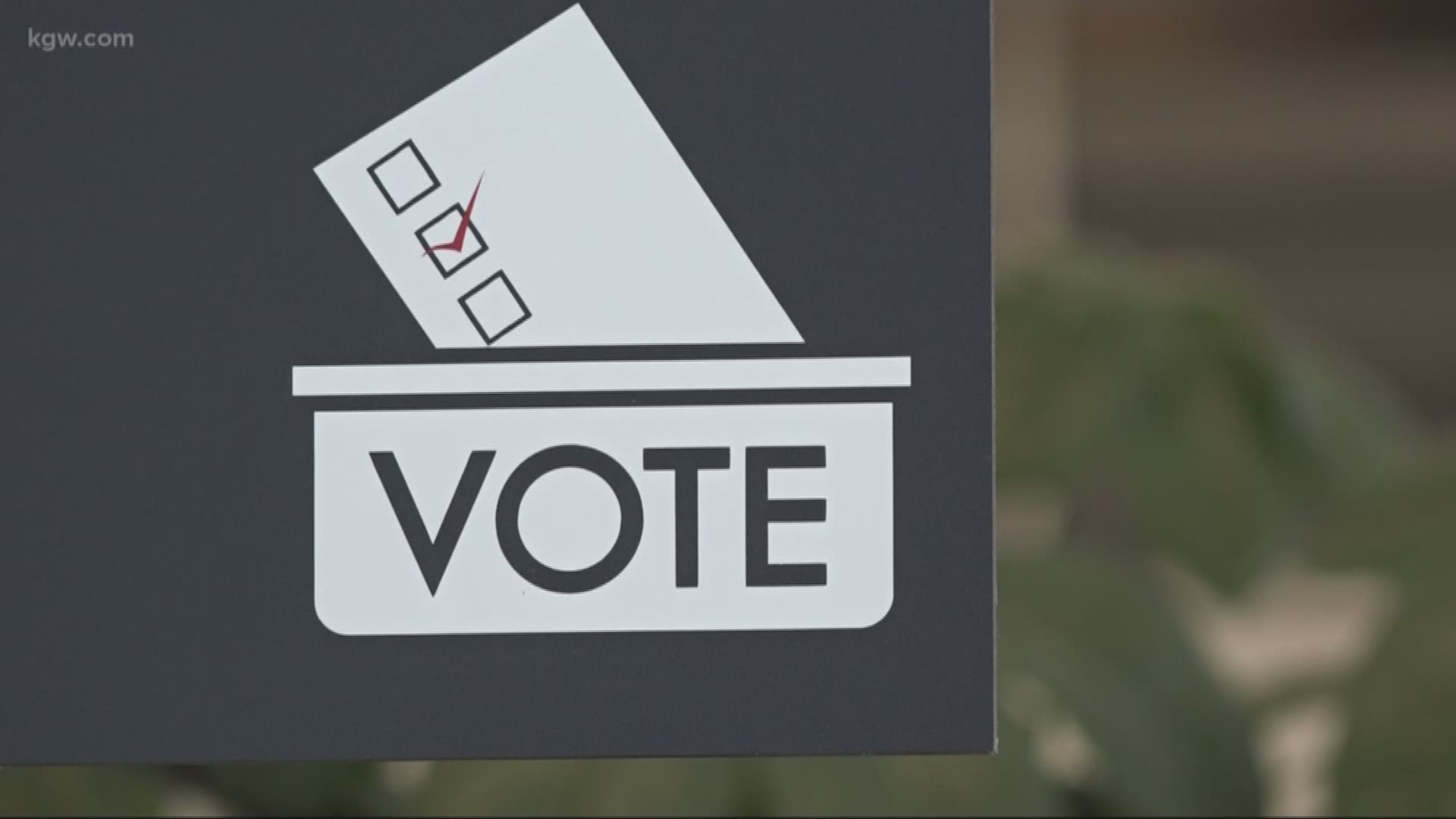PORTLAND, Ore. — Do you know how to spot false information online? Do you check the source before you share a link? Well, those are just two ways Multnomah County Elections is trying to help voters this year.
“Misinformation and disinformation are the biggest threat to the election that we have very little control over,” said Multnomah County Director of Elections Tim Scott.
It is so easy for information to spread online, and unfortunately, it is not always accurate. At some point, there is no doubt you have or will come across articles or links on your Facebook feed that are just plain wrong. And, often the person who shared it does not even realize they have just helped spread disinformation.
“Sometimes political messaging that is inaccurate that uses an emotional plea, gets shared faster than accurate information and that's something we really need to look out for,” Scott said.
Facebook deleted some 45,000 posts providing inaccurate information about elections during the 2018 midterms. That is why this year, Multnomah County Elections is stepping up their efforts to make sure voters know what to look for. There are whole campaigns called “Trusted Info 2020” and “Protect 2020” dedicated to educating voters.
“We want to make sure people know what the date of the election is, when their ballots have to be returned, the fact that they don't need a stamp this year, much less two stamps,” Scott said.
Remember in 2016 when people were saying you needed two stamps on your ballot envelope? That is just one example of wrong information that spread to Oregon and caused confusion.
“There was no jurisdiction that required two stamps,” Scott said. “However, by the time it gets shared on social media, all the sudden it seems like a critical issue for Oregon, which it never was.”
So, here a few quick things to pay attention to:
- Evaluate the source: Where is this information coming from? If it is not an official source like the Multnomah County Elections website for example, do a Google search.
- If you can't find a second reliable source with the same information, do not share it.
- Ask yourself why you are sharing it. Disinformation is designed to make you feel angry, shocked, or smug, so that could be another red flag.


“Is it an emotional plea to get you to take action. Does it seem urgent? Those are the kind of tricks that people use to try to get you to click a link or share something or give you information that they shouldn’t need,” Scott explained. “So, evaluate the source and then evaluate the content. Make sure it’s not an emotional plea asking you to do something right away in a way that might expose your information.”

